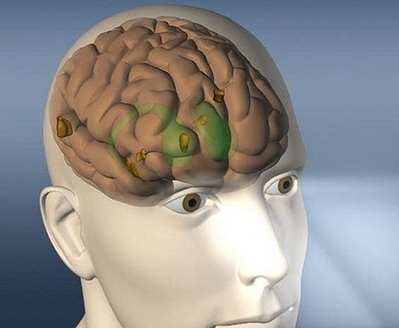Big brains mean longer life
(Agencies)
Updated: 2008-04-21 22:49
Updated: 2008-04-21 22:49
Brains are good for more than acing exams. Turns out, nerdy noggins also help primates like us live longer, anthropologists say.
 Two investigations published on Sunday place a question mark over pioneering treatment to treat Parkinson's disease by grafting foetal cells into the brain. [Agencies]
|
Scientists have long pondered the reason for humans' and other primates' relatively hefty heads. Elephants boast the biggest brains by volume of all land animals, but relative to body size, humans hold the brain-size record.
"There's got to be a benefit to this big brain, because big brains are really expensive to grow and maintain, energetically expensive," said lead researcher Nancy Barrickman, a graduate student in Duke University's Department of Biological Anthropology and Anatomy.
The study, to be detailed in a forthcoming issue of the Journal of Human Evolution, suggests primates basically balance the costs of growing big brains with the survival benefits they get from having stellar smarts - they live longer.
Growing a brain
By comparing brain sizes and other developmental features of 28 primate species, Barrickman and her colleagues found primates with larger brains take longer to reach sexual maturity.
The researchers focused on primates living in the wild, because captive species tend to grow up faster, a phenomenon that would skew results. For humans, the team studied the Ache, a tropical forest culture in eastern Paraguay.
This time-consuming bulking of the brain better be worth it: "In order to pay off all that time you spent growing up," Barrickman said, "either you live a long time and have lots of kids over that life span, or you reproduce really fast. Either way you're getting a lot of offspring."
The analyses showed big brain size is linked with longevity rather than reproductive rate.
|
||
|
||
|
|
|
|

